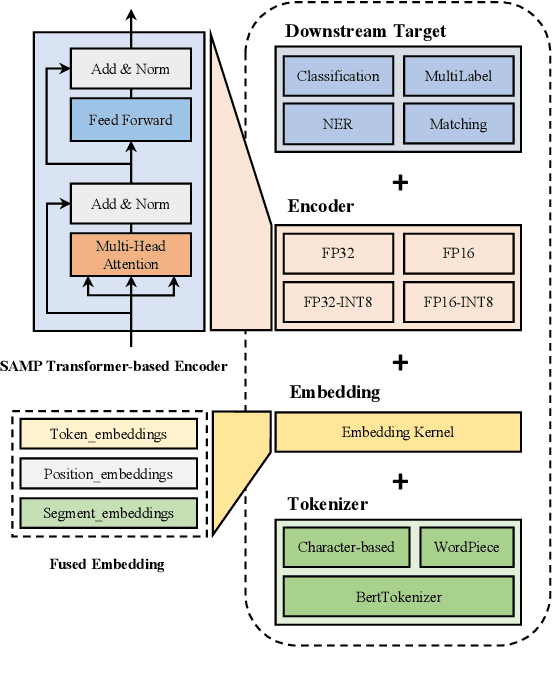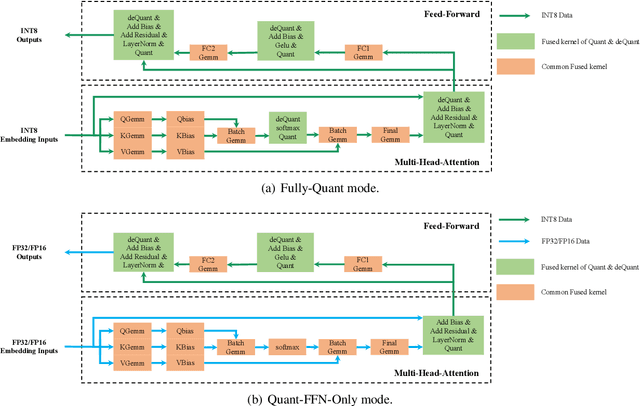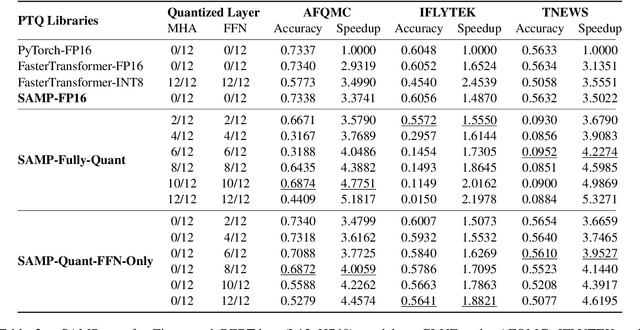Kimmo Yan
Create and Find Flatness: Building Flat Training Spaces in Advance for Continual Learning
Sep 20, 2023Abstract:Catastrophic forgetting remains a critical challenge in the field of continual learning, where neural networks struggle to retain prior knowledge while assimilating new information. Most existing studies emphasize mitigating this issue only when encountering new tasks, overlooking the significance of the pre-task phase. Therefore, we shift the attention to the current task learning stage, presenting a novel framework, C&F (Create and Find Flatness), which builds a flat training space for each task in advance. Specifically, during the learning of the current task, our framework adaptively creates a flat region around the minimum in the loss landscape. Subsequently, it finds the parameters' importance to the current task based on their flatness degrees. When adapting the model to a new task, constraints are applied according to the flatness and a flat space is simultaneously prepared for the impending task. We theoretically demonstrate the consistency between the created and found flatness. In this manner, our framework not only accommodates ample parameter space for learning new tasks but also preserves the preceding knowledge of earlier tasks. Experimental results exhibit C&F's state-of-the-art performance as a standalone continual learning approach and its efficacy as a framework incorporating other methods. Our work is available at https://github.com/Eric8932/Create-and-Find-Flatness.
TencentPretrain: A Scalable and Flexible Toolkit for Pre-training Models of Different Modalities
Dec 13, 2022



Abstract:Recently, the success of pre-training in text domain has been fully extended to vision, audio, and cross-modal scenarios. The proposed pre-training models of different modalities are showing a rising trend of homogeneity in their model structures, which brings the opportunity to implement different pre-training models within a uniform framework. In this paper, we present TencentPretrain, a toolkit supporting pre-training models of different modalities. The core feature of TencentPretrain is the modular design. The toolkit uniformly divides pre-training models into 5 components: embedding, encoder, target embedding, decoder, and target. As almost all of common modules are provided in each component, users can choose the desired modules from different components to build a complete pre-training model. The modular design enables users to efficiently reproduce existing pre-training models or build brand-new one. We test the toolkit on text, vision, and audio benchmarks and show that it can match the performance of the original implementations.
SAMP: A Toolkit for Model Inference with Self-Adaptive Mixed-Precision
Sep 19, 2022



Abstract:The latest industrial inference engines, such as FasterTransformer1 and TurboTransformers, have verified that half-precision floating point (FP16) and 8-bit integer (INT8) quantization can greatly improve model inference speed. However, the existing FP16 or INT8 quantization methods are too complicated, and improper usage will lead to performance damage greatly. In this paper, we develop a toolkit for users to easily quantize their models for inference, in which a Self-Adaptive Mixed-Precision (SAMP) is proposed to automatically control quantization rate by a mixed-precision architecture to balance efficiency and performance. Experimental results show that our SAMP toolkit has a higher speedup than PyTorch and FasterTransformer while ensuring the required performance. In addition, SAMP is based on a modular design, decoupling the tokenizer, embedding, encoder and target layers, which allows users to handle various downstream tasks and can be seamlessly integrated into PyTorch.
 Add to Chrome
Add to Chrome Add to Firefox
Add to Firefox Add to Edge
Add to Edge